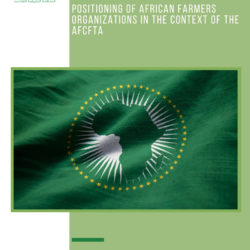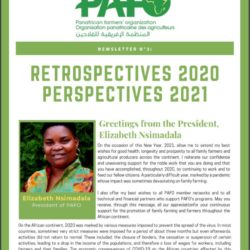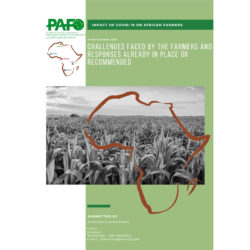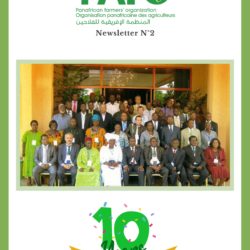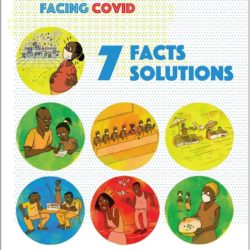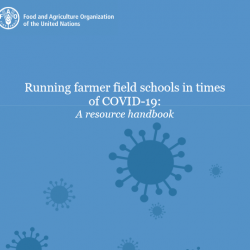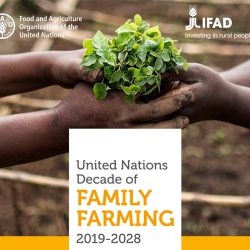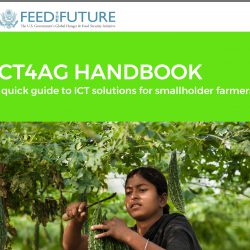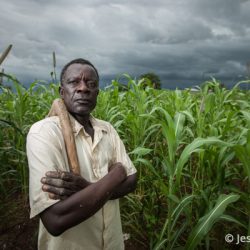Positioning of African Farmers Organizations in the context of the AFCFTA
The African Continental Free Trade Area (AfCFTA) agreement was signed by 44 African Union Member States at the historic summit of the African Union (AU) held in Kigali in March 2018. Thereafter, the number of signatories rapidly increased to 54 of the 55 AU Member States, representing a remarkable degree of consensus across the continent. Since then, ratification by 24 AU Member States resulted in the Agreement entering into force

